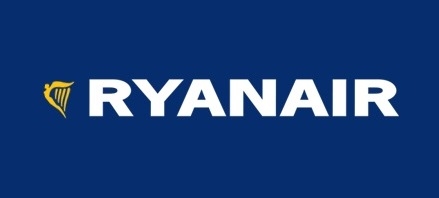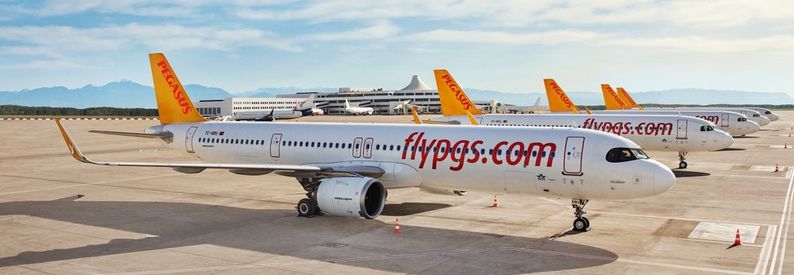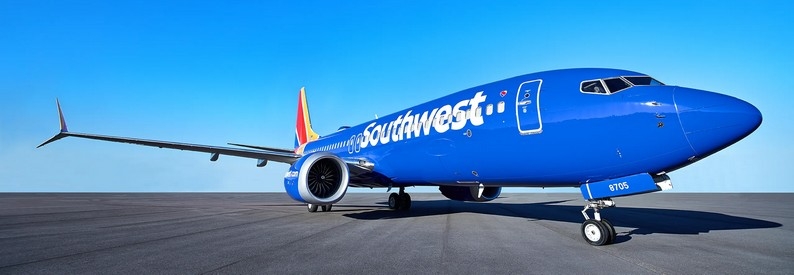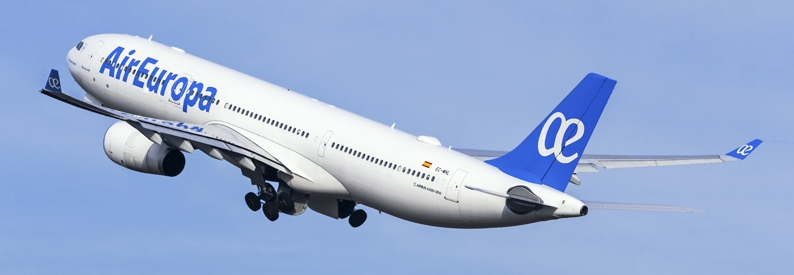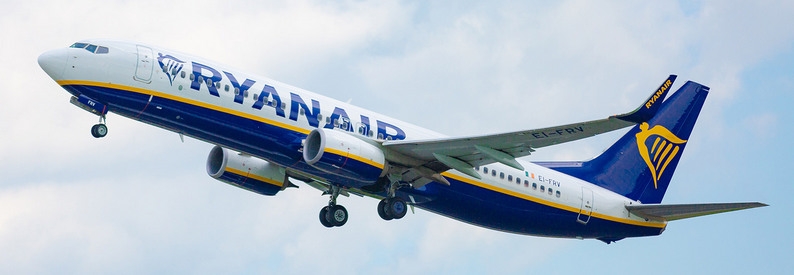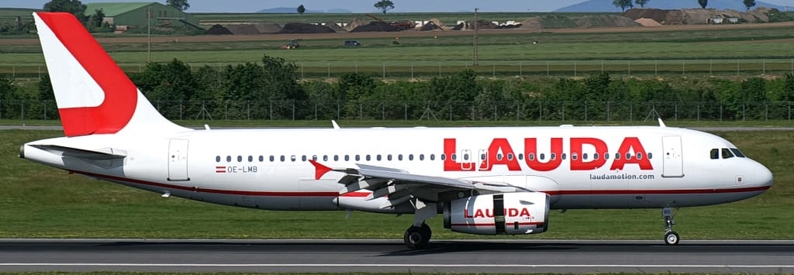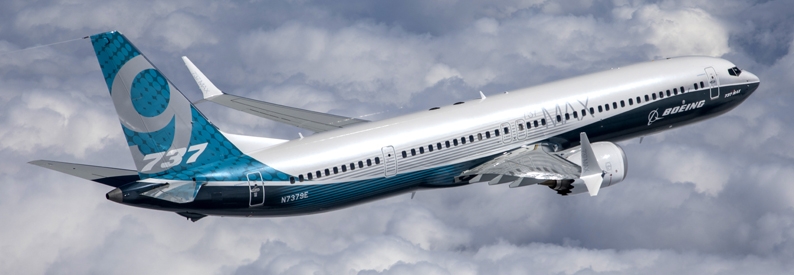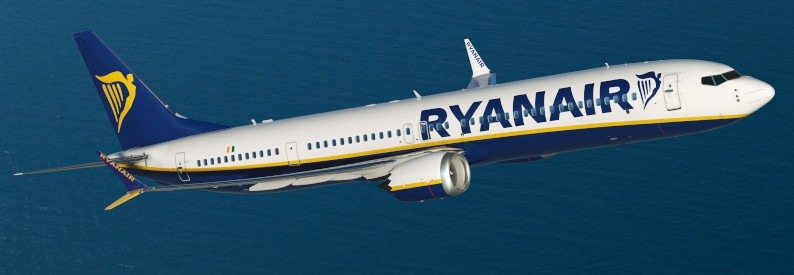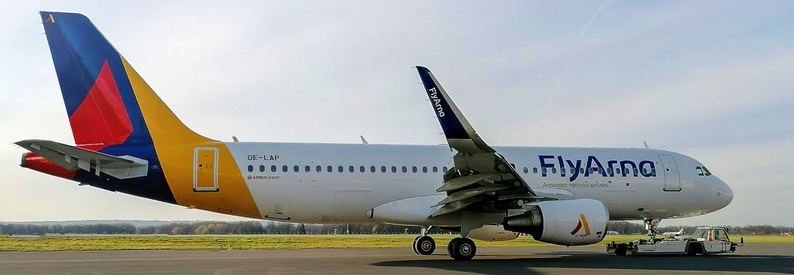The United States and the European Union appear to be strengthening their positions ahead of any future negotiations to settle a 16-year-old dispute over state subsidies for Boeing and Airbus.
US President Donald Trump has reacted strongly to a World Trade Organisation (WTO) ruling that gives the European Commission (EC) the green light to impose around USD4 billion annually in counter-tariffs on imported US goods, including Boeing planes. The decision found that illegal subsidies to Boeing cost Airbus USD4 billion dollars in lost sales and market share annually.
This follows a similar WTO decision last year greenlighting US tariffs on USD7.5 billion annually on European imports, affecting aircraft parts and luxury goods, over state aid support for Airbus. The trans-Atlantic dispute, which started in 2004 when the US asked the WTO to rule on Airbus government subsidies, is the longest-running in the organisation’s 25-year history and is estimated to have cost USD100 million to date.
The WTO decision means European airlines that import Boeing jets would have to pay tariffs expected to match 15% US border taxes on the import of Airbus jets. Boeing’s top European customer, Ryanair (FR, Dublin International), has called on the manufacturer to pay the tariffs and is expected to use this as leverage in negotiations to buy more of the grounded B737-8, according to Reuters. Chief Executive Officer Michael O'Leary earlier this year said the airline was in "advanced discussions" with Boeing over an existing order of 135 of the type and a potential follow-up deal for the larger version of the aircraft.
Meanwhile, with both sides finding themselves in a “check-mate” position, analysts and stakeholders on both sides expressed the hope this could finally set the stage for a negotiated settlement between the US and Europe, especially at a time when the COVID-19 pandemic was wreaking havoc on the global economy with the aviation sector being one of the worst-hit.
However, in a posturing move, Trump on October 15, 2020, warned of a US backlash should the EU go ahead with the levies. "If they strike back, then we'll strike much harder than they'll strike. They don't want to do anything. I can tell you that," he told reporters. EU International Trade Committee Chairperson, Bernd Lange, called for a negotiated settlement but warned the EU would go ahead with the tariffs in the absence of "constructive" US engagement.
Lange, in a statement following the ruling, said: "I sincerely hope that this decision will work as an incentive to end these disputes through a negotiated settlement. That should remain the absolute priority because, in times like these, we should, more than ever, work together and not against each other. Therefore I call on both sides to enter into negotiations to reach a long-term agreement on civil aircraft subsidies.”
Airbus in a statement said it fully supported the EC in taking the necessary action to create “a level playing field and seek a long-overdue agreement”. “Airbus did not start this WTO dispute, and we do not wish to continue the harm to the customers and suppliers of the aviation industry and to all other sectors impacted,” said Chief Executive Officer, Guillaume Faury. “As we have already demonstrated, we remain prepared and ready to support a negotiation process that leads to a fair settlement. The WTO has now spoken, the EU can implement its countermeasures. It is time to find a solution now so that tariffs can be removed on both sides of the Atlantic.”
European Commissioner Valdis Dombrovskis said the EU would “much prefer not to” levy the tariff, and urged US Trade Representative Robert Lighthizer to withdraw the Airbus-related sanctions.
Reuters reported that both sides were communicating, with the EC confirming it had received a US response to its own July proposal to end the dispute. Lighthizer reportedly suggested that Airbus repay USD 10 billion in aid, seen as unacceptable to the EU at a time when aircraft manufacturers were seeking funds to survive the COVID-19 crisis.
Analysts said finding a settlement should be possible. The US state of Washington has repealed an aerospace tax break that benefited Boeing. For its part, Airbus has agreed to modify the terms of the repayable launch aid granted by France and Spain for the development of the A350 aircraft. The European Commission said the changes meant the bloc was in full compliance with the rulings of the WTO in the dispute and that there was no ground for the US to maintain its countermeasures on EU exports.
However, the subsidies row is just one element of broader US-EU trade tensions, which could delay an agreement. Analysts said the WTO decision could intensify the trade tensions just three weeks ahead of the US presidential election but believed there was little chance that the EU would decide anything before then, as the outcome could change the trans-Atlantic context, reported Market Watch.
